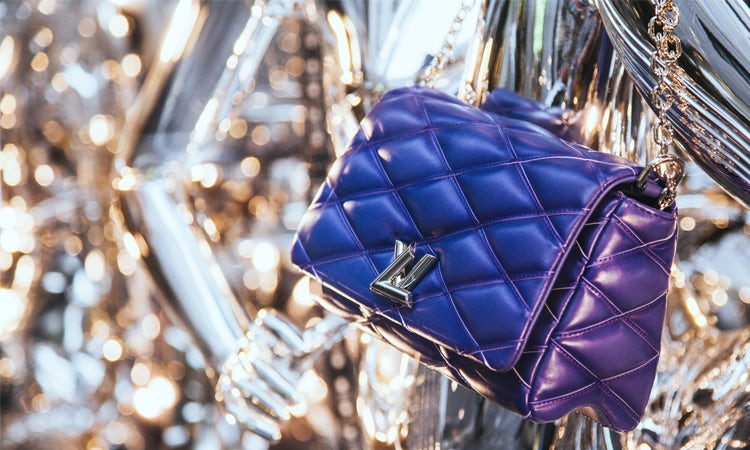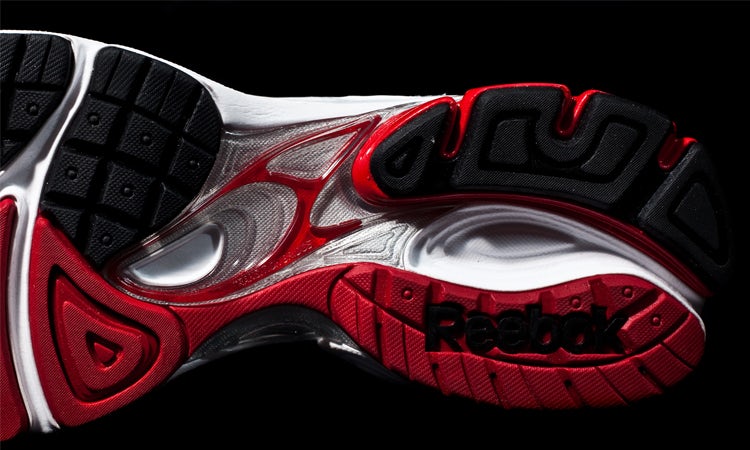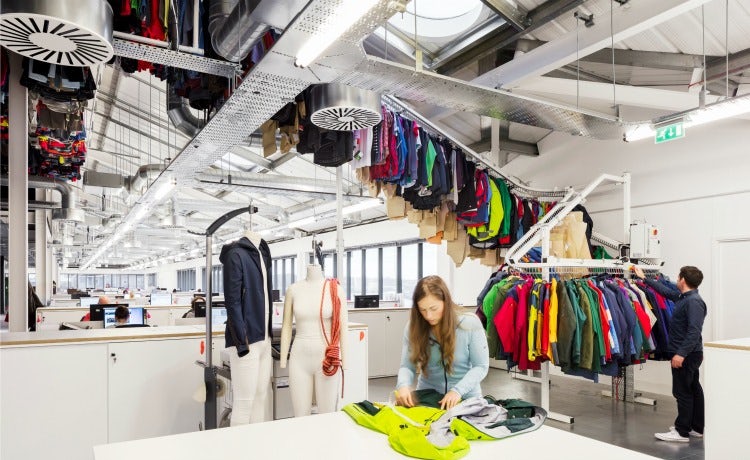Reebok, Smirnoff, BrandZ: 5 things that mattered this week and why
Catch up on all the week’s most important marketing news, from the world’s most valuable brands to the fact Reebok doesn’t rely on data to understand its customers.

The world’s most valuable brands
Google, Apple and Amazon – the latter now on one of the fastest trajectories the report has ever seen – top this year’s BrandZ top 100 most valuable brands, with technology and tech-related brands accounting for 92% of the overall ranking.
It is clear from the results that brands that focus on meeting consumer needs in interesting ways have an advantage over their competitors – particularly when it comes to making people’s lives easier with technology.
Partnerships are playing an integral role as well, and have helped a number of brands such as Adidas, Uber and Visa increase their value over the year.
The rate at which brands now need to grow to reach the top 20 fastest-rising brands has doubled to 40% over the past year – with Chinese brands leading the pack by a long way as they begin to build a presence on the world stage. Ecommerce brand Alibaba, for example, increased its brand value by a massive 92% year-on-year.
China’s growth is having a direct impact on luxury brands too, with Louis Vuitton, Gucci and Dior all seeing significant growth in value.
At this rate, there’s no telling what the top 10 will look like next year, let alone in five. But Google and Apple’s lead might soon no longer be a given.
READ MORE: Revealed – The most world’s most valuable brands
Reebok’s unique approach to marketing

Reebok believes the best way to understand its customers is to employ people just like them, which is why all of its marketing team are trained in the sports that they work in.
As such, the sports brand says it can afford to be less reliant on data from third parties to understand its customers – which might put it in good stead now that the new GDPR laws have finally come into effect.
At an event in London on Wednesday, the brand’s head of sports marketing, Eleanor Carter-Silk – who first joined Reebok in 2012 as a brand ambassador for CrossFit – explained how the nature of Reebok’s marketing team means there “isn’t as much guessing” about what consumers want as there might be for businesses that are more reliant on data.
Instead, Reebok is looking to reach customers and drive sales through events, brand partnerships and sporting communities, because the best way to get people to trust your product, Reebok believes, is to “get it on the feet of a big community”.
Sometimes it’s the most obvious partnerships that are most mutually beneficial. They help Reebok to build trust with consumers and keep them loyal, while also adding value to already well-established communities. No losers here.
READ MORE: Why Reebok doesn’t rely on data to understand its consumers
Sports fashion group Pentland Brands looks to ‘unleash creativity’ with new brand-building academy

The British family business behind Speedo, Berghaus and Ellesse is hoping to harness the cross-functional creativity of its 1,700 strong global workforce with the launch of its first brand-building academy.
Known as ‘Brand Building the Pentland Way’, the academy will offer all employees access to development workshops, toolkits and events that mix theory with real-life brand challenges.
Pentland made a conscious decision not to call the initiative a ‘marketing academy’ in order to make brand-building a company-wide priority and not just the domain of marketing teams, according to brand development director Simon Grove.
The academy’s launch marks the culmination of a major recruitment drive to fill 100 roles across Pentland’s marketing, product and sales functions, which kicked off earlier this year.
This ambitious recruitment target included hiring up to 60 marketers for roles in brand management, digital, user experience, optimisation, analytics, product design, innovation and creative roles, as well as within Pentland’s internal agency.
Raising the profile of Pentland as an employer brand remains a key goal, with the investment in the brand-building academy signifying a clear statement of the company’s commitment to helping its employees build long-term, cross-functional careers.
Smirnoff’s partnership with LADBible hoping to promote real change
When you think of LadBible, diversity might not be the first thing that springs to mind but the social content creator has entered into a year-long partnership with Smirnoff to promote inclusivity on the bar and club scene.
The ‘Free to Be’ initiative will see the drinks giant help produce a series of documentaries and videos that attempt to make difficult topics around race, disability, LGBT+ and other issues more accessible.
The first video, ‘Night Shift’, launches today (1 June) and showcases real ‘nightlife heroes’, including a transgender barman. These upbeat videos will have huge reach and will no doubt spark much-needed conversations. However, Smirnoff needs to be careful that it promotes sensitivity as well as incclusivity.
Smirnoff has a long history of supporting the LGBTIQ+ community and Smirnoff senior brand manager Nicholas Cornbleet explains that this partnership will be heavily focused on the trans community – still the most underrepresented group and most discriminated against.
Nightlife is a huge part of the queer community, with clubs and pubs creating safe spaces for people to be themselves among people like them, Smirnoff believes it has a credible voice operating in this space. The brand is also teaching bartenders about gender-neutral pronouns and hate crime. Other brands should take note and ensure they are enacting real change for the communities they are promising to help and not attaching a ‘purpose’ to their messages where there isn’t one.
READ MORE: Smirnoff wants to ‘trigger conversations’ as it launches nightlife inclusivity campaign
HP commits to helping people of colour into more senior roles

HP have released data that shows what many of us knew already – more diverse teams are better for business.
The tech giant has compared the impact of ads created before and after the launch of its 2016 diversity initiative, with Marketing Mix Analysis, run by Nielsen, capturing a 33% increase in revenue per impression.
It has been a good year for HP, with more innovation and internal changes no doubt contributing to this success, but the company’s CMO Antonio Lucio is clear that “we can say diversity has become one of the drivers in our business”.
HP has also launched its latest initiative #MoreLikeMe, which sees 18 people of colour from HP’s agencies and partners enter into a 12-month mentorship scheme plus a trip to Cannes Lions. The aim is to help promote people of colour into senior roles.
The scheme is a result of its agency scorecard, started in 2016, which rates agencies for diversity. The first year was a success, with more women entering senior roles but the company found that people of colour were still lagging behind. HP wanted to solve this and so created an initiative that fostered diverse talent with the hope of making more senior roles ethnically diverse.
Not satisfied with simply trying to be more diverse, HP is also committing to creating a diversity algorithm in partnership with The Female Quotient’s Girls’ Lounge to measure exactly how diverse a company is. Starting by applying this to HP, the hope is that it will be used by other brands to create a more diverse – and therefore more successful – business.
READ MORE: HP on proving the business case for diversity in marketing






